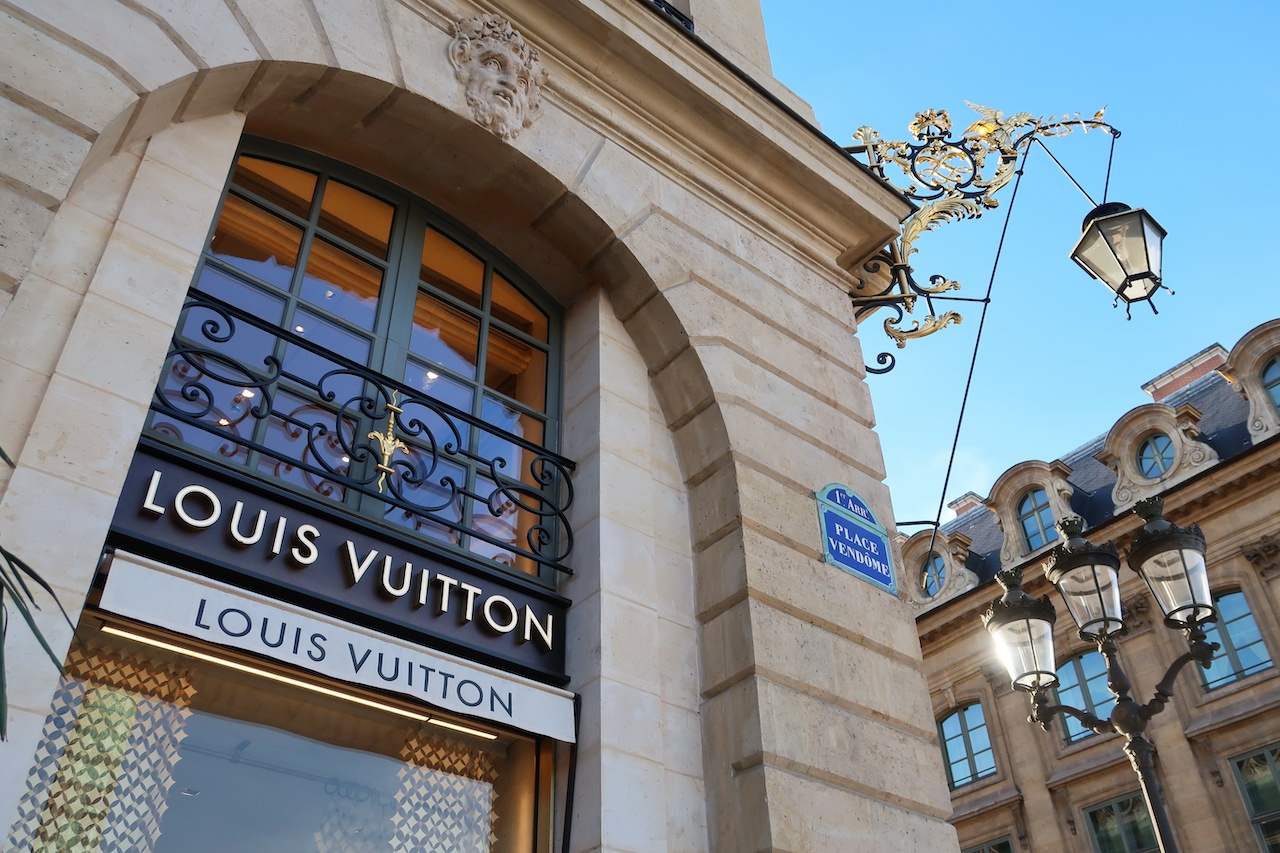The luxury conglomerate LVMH, headed by CEO Bernard Arnault, is facing a pivotal moment in its history as the business magnate decides which of his five children will inherit his vast empire.
This decision could significantly impact the adoption of crypto and blockchain technology within the luxury industry, crypto news outlet Decrypt reported on Friday.
Two of Arnault’s sons, Alexandre, and Frédéric, have been instrumental in pushing blockchain technology and non-fungible tokens (NFTs) within LVMH’s portfolio companies.
If either of them assumes control of LVMH, it is likely that blockchain and other cutting-edge technologies, such as artificial intelligence (AI), will play a more central role in the group’s strategy.
This shift could affect luxury brands like Louis Vuitton, Tiffany, TAG Heuer, and Dior, which are all under the LVMH umbrella.
Already, Louis Vuitton has dipped its toe in crypto with a non-fungible token (NFT) trunk project announced in June this year, while Dior has unveiled a new line of men’s sneakers that leverages Ethereum to offer a matching NFT.
Meanwhile, in January last year, Arnault suggested that LVMH had more plans for NFTs and the metaverse, saying during an earnings call that:
“We have to see what will be the applications of the metaverse and NFTs. It can undoubtedly have a positive impact — if it is well done — on the activity of the brands, but it is not our objective to sell virtual sneakers at €10. We are not interested in that.”
The decision regarding Arnault’s successor is not only significant for the conglomerate but also for the broader luxury and fashion industries, given LVMH’s position as an industry leader with considerable influence.
Children prepared to take over
Arnault’s five children, all actively involved in leadership positions within LVMH-owned companies, have from an early age been prepared for taking on senior leadership roles within the conglomerate.
Their father is said to regularly meet with his children to evaluate their readiness for top positions within the conglomerate.
While Bernard Arnault recently raised the mandatory retirement age for his CEO position from 75 to 80, indicating his intention to remain involved, his children’s future involvement remains a topic of discussion.
Arnault’s succession plan aims to ensure that each of his children holds a 20% stake in the company and cannot sell any shares for 30 years without unanimous board approval.
And with crypto advocates like Alexandre and Frédéric among the heirs, it’s clear that the strategy of LVMH-owned luxury brands could become more blockchain-focused, potentially blurring the line further between crypto and the traditional luxury industry.
The luxury conglomerate LVMH, headed by CEO Bernard Arnault, is facing a pivotal moment in its history as the business magnate decides which of his five children will inherit his vast empire.
This decision could significantly impact the adoption of crypto and blockchain technology within the luxury industry, crypto news outlet Decrypt reported on Friday.
Two of Arnault’s sons, Alexandre, and Frédéric, have been instrumental in pushing blockchain technology and non-fungible tokens (NFTs) within LVMH’s portfolio companies.
If either of them assumes control of LVMH, it is likely that blockchain and other cutting-edge technologies, such as artificial intelligence (AI), will play a more central role in the group’s strategy.
This shift could affect luxury brands like Louis Vuitton, Tiffany, TAG Heuer, and Dior, which are all under the LVMH umbrella.
Already, Louis Vuitton has dipped its toe in crypto with a non-fungible token (NFT) trunk project announced in June this year, while Dior has unveiled a new line of men’s sneakers that leverages Ethereum to offer a matching NFT.
Meanwhile, in January last year, Arnault suggested that LVMH had more plans for NFTs and the metaverse, saying during an earnings call that:
“We have to see what will be the applications of the metaverse and NFTs. It can undoubtedly have a positive impact — if it is well done — on the activity of the brands, but it is not our objective to sell virtual sneakers at €10. We are not interested in that.”
The decision regarding Arnault’s successor is not only significant for the conglomerate but also for the broader luxury and fashion industries, given LVMH’s position as an industry leader with considerable influence.
Children prepared to take over
Arnault’s five children, all actively involved in leadership positions within LVMH-owned companies, have from an early age been prepared for taking on senior leadership roles within the conglomerate.
Their father is said to regularly meet with his children to evaluate their readiness for top positions within the conglomerate.
While Bernard Arnault recently raised the mandatory retirement age for his CEO position from 75 to 80, indicating his intention to remain involved, his children’s future involvement remains a topic of discussion.
Arnault’s succession plan aims to ensure that each of his children holds a 20% stake in the company and cannot sell any shares for 30 years without unanimous board approval.
And with crypto advocates like Alexandre and Frédéric among the heirs, it’s clear that the strategy of LVMH-owned luxury brands could become more blockchain-focused, potentially blurring the line further between crypto and the traditional luxury industry.
